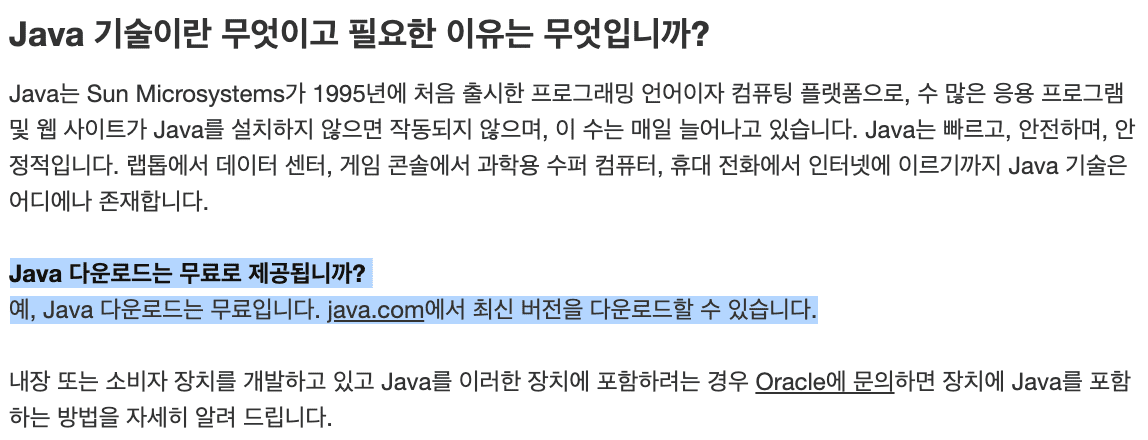

For example, last time I checked there were no Oracle JDK distros in ".deb" format for Debian / Ubuntu. November 2017: At the time this question was asked, the reasons for choosing between OpenJDK and Oracle JDK include:Īvailability of builds / installers for specific platforms.

Here is a flowchart graphic I made to help guide you in selecting a provider of a Java implementation.Īnd here is a list of motivations you might consider in choosing a distribution. One significant difference is that the Oracle company reserves the right to rapidly supply their paid support customer base with urgent patches not currently found in OpenJDK. So there is nearly no practical difference. Oracle even went so far as to open-source and make available at no cost their formerly commercial tools Mission Control and Flight Recorder, both now a part of OpenJDK. Oracle has declared their intention to keep their commercial product Oracle JDK at feature-parity with OpenJDK. Read their terms.)Ī build of the OpenJDK source-code, freely available, unsupported. (Free-of-cost only for development & testing, not deployment. Oracle actually provides two such products:Ī commercial product, with paid support plans.
#Openjdk vs oracle jdk license
This combination of using an open source license and a commercial license replaces the historical “BCL” license, which had a combination of free and paid commercial terms. Starting with Java 11, Oracle will provide JDK releases under the open source GNU General Public License v2, with the Classpath Exception (GPLv2+CPE), and under a commercial license for those using the Oracle JDK as part of an Oracle product or service, or who do not wish to use open source software. If you are used to getting Oracle Java SE binaries as part of a commercial product or service from Oracle, then you can continue to get Oracle JDK releases through My Oracle Support (MOS), and other locations. If you are used to getting Oracle Java SE binaries for free, you can simply continue doing so with Oracle’s OpenJDK builds available at. To simplify things going forward, Oracle started providing open source licensed OpenJDK builds as of Java 9, using the same license model as the Linux platform. The BCL permits use without license fees under certain conditions.
#Openjdk vs oracle jdk code
The Binary Code License for Oracle Java SE technologies (“BCL”) has been the primary license for Oracle Java SE technologies for well over a decade.

I'm fairly new to Java programming and I've recently read this article from Oracle(from September 2018).


 0 kommentar(er)
0 kommentar(er)
